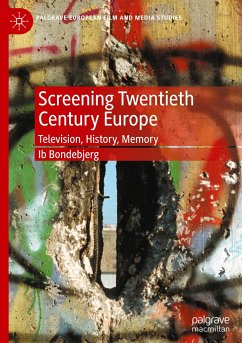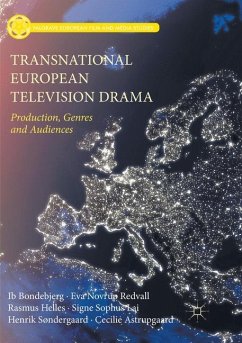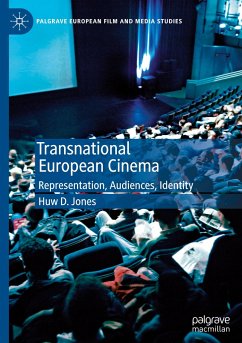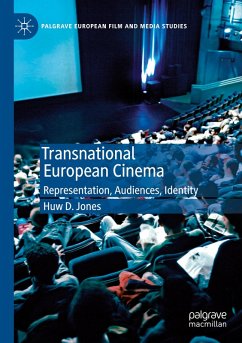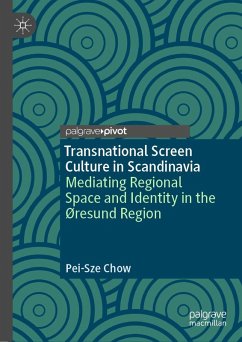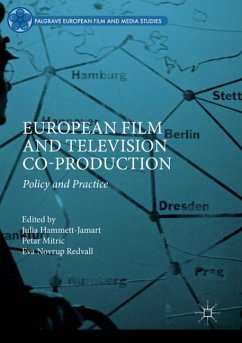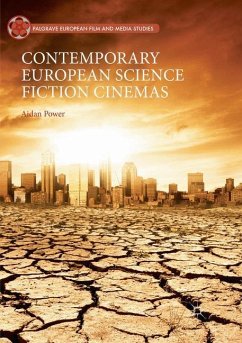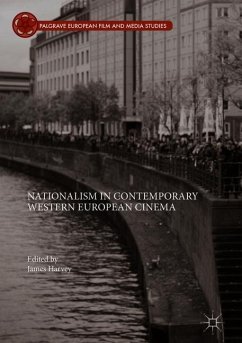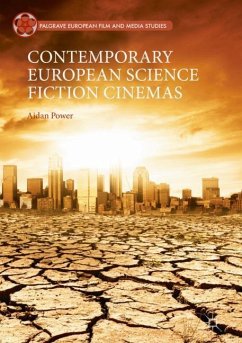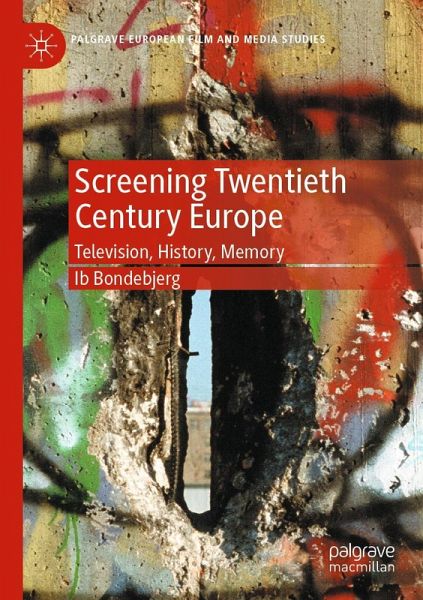
Screening Twentieth Century Europe
Television, History, Memory
Versandkostenfrei!
Versandfertig in 6-10 Tagen
91,99 €
inkl. MwSt.
Weitere Ausgaben:

PAYBACK Punkte
46 °P sammeln!
This book offers a comparative study of historical television genres in Europe, with a special focus on Germany and Great Britain and their way of narrating twentieth century European history. The book analyses our common European past and memory through central historical television narratives. Each chapter looks at how historical TV genres, fictional and documentary, have dealt with the most salient and defining periods, events and changes in the twentieth century- an age of extremes. Bondebjerg offers unique theoretical and analytical insight into the role of television in mediating and sha...
This book offers a comparative study of historical television genres in Europe, with a special focus on Germany and Great Britain and their way of narrating twentieth century European history. The book analyses our common European past and memory through central historical television narratives. Each chapter looks at how historical TV genres, fictional and documentary, have dealt with the most salient and defining periods, events and changes in the twentieth century- an age of extremes. Bondebjerg offers unique theoretical and analytical insight into the role of television in mediating and shaping the past. The book explores television's creation of transnational cultural encounters across Europe in relation to our common and national past. The book addresses how television has influenced our understanding of history, collective memory and public debate over the twentieth century. It is fundamentally a book about the importance of the past in present day Europe and the centrality ofmedia for transnational understanding.



